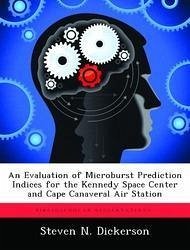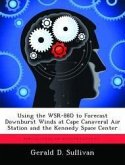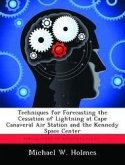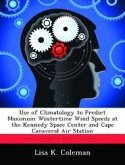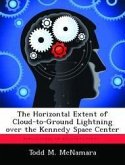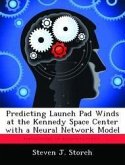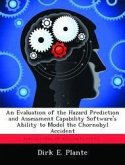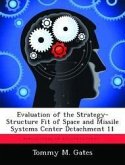A wet-microburst event on 16 August 1994 at the Kennedy Space Center`s Shuttle Landing Facility alerted forecasters from the 45th Weather Squadron (45WS), the provider of weather support to the Kennedy Space Center (KSC) and Cape Canaveral Air Station (CCAS), to the challenges of wet-microburst prediction. Although there was no operational impact, this event caused the 45WS to revise their severe thunderstorm forecasting procedures to specifically address microbursts, resulting in the locally developed Microburst-Day Potential Index (MDPI). MDPI provides a several-hour outlook of microburst potential based on the results of the Microburst and Severe Thunderstorm (MIST) project. The 45WS also conducted a preliminary evaluation of the Wind INDEX (WINDEX) for the KSC/CCAS microburst forecast problem. WINDEX provides an estimate of the maximum observed gust speed that can be expected should a microburst occur. This thesis presents an evaluation of MDPI and WINDEX based on microbursts identified by Sanger (1999) in his KSC/CCAS microburst climatology. A new index for assessing microburst potential is also introduced, incorporating both the MDPI and WINDEX parameters. Overall neither the MDPI nor the WINDEX performed particularly well in this application. The MDPI showed very little improvement over random guessing, and the WINDEX showed very little correlation to observed maximum microburst gust speed. The new microburst potential index outperformed MDPI in almost all categories. Further refinement of the new index is needed to make it a more Useful forecasting tool.
Bitte wählen Sie Ihr Anliegen aus.
Rechnungen
Retourenschein anfordern
Bestellstatus
Storno

